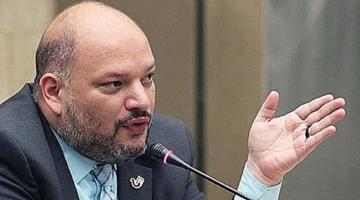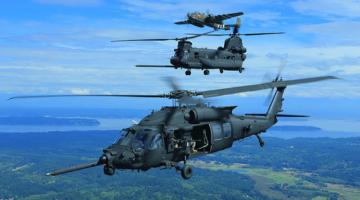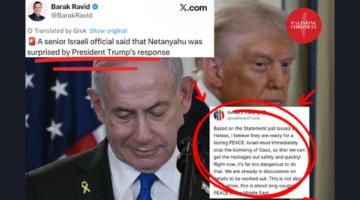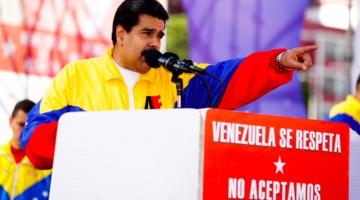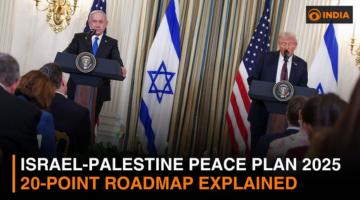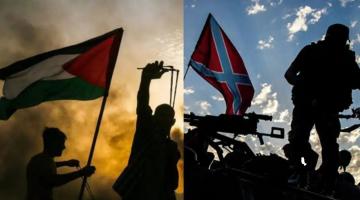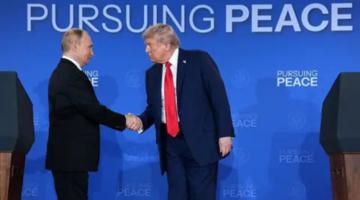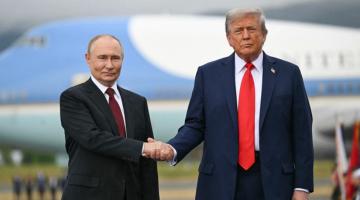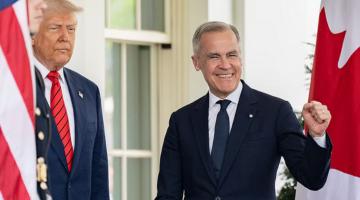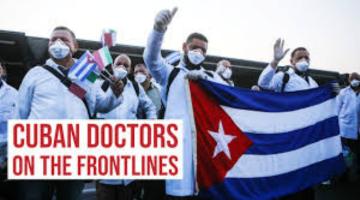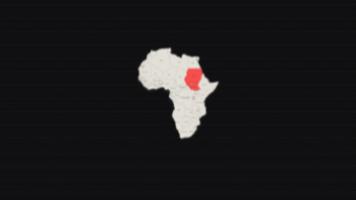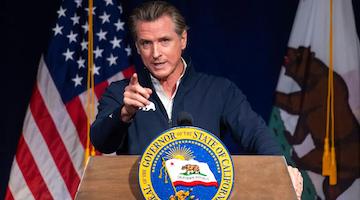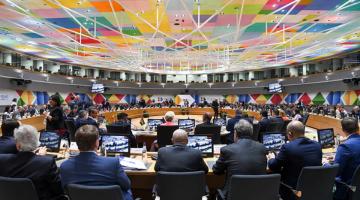Senator Lindsey Graham, President Volodymyr Zelensky and Senator Richard Blumenthal meet in Kiev on May 30, 2025. President.gov.ua
The U.S has been involved in every aspect of Ukraine’s military activity against Russia. The recent drone attacks and sabotage were likely committed with U.S. help. Of course, it is possible that president Trump was aware, but if past history is a guide, he may also have been circumvented by forces in his own administration.
“Who is in charge in Washington? Is it the white house or the pentagon? . . . It was quite significant and not accidental that it (the attack) happened just two days before the Russian-American arrangements were supposed to come into full force” - Vitaly Churkin, Russia’s ambassador to the United Nations, 2016
“The American bombing of Syrian soldiers was no ‘mistake’ – it was a mutiny by the War Party in the U.S. military and government, who want victory for the jihadists.” - Black Agenda Report Executive Editor Glen Ford
On September 17, 2016 United States forces bombed Syrian army positions in the Deir al-Zour region of that country and killed more than 60 Syrian soldiers. The United States and Russia had concluded an agreement which was to begin just two days later that would have brought U.S. and Russian forces into coordination to fight ISIS and Daesh, the jihadist groups who had benefited from U.S. support.
But there was a problem in Washington. The Obama white house and the State Department wanted the agreement but the Defense Department did not and said so publicly. Lo and behold, a military strike ended the agreement before it could begin. The U.S. claimed that the strike was a “mistake” but no one who was really paying attention believed that explanation. Black Agenda Report’s Glen Ford and many others asked if the attack was a pentagon mutiny against the Obama administration. Those events of 2016 are relevant today as we see what may be a similar dynamic pertaining to the three year long U.S. proxy war using Ukraine against Russia. Ukraine’s recent drone strikes on Russian airfields and terror attacks on civilian infrastructure point to the possibility of U.S. involvement and perhaps another example of a presidential administration facing internal divisions.
Donald Trump made a commitment to end the war and has been negotiating, without success, ever since his second inauguration. Trump himself is partly responsible for the lack of progress. He claims he wants to end the war but his reasons for doing so are not straightforward and are not about any real desire for peace. He wants a ceasefire, a freeze in the fighting, so that he can hand the conflict over to the Europeans and concentrate on antagonizing China without being distracted by a conflict with Russia. Russia’s continued request for a security agreement that might bring permanent peace is ignored by Trump just as it was by Obama and Joe Biden.
After three years of fighting and continued success on the battlefield, the Russians are in no mood for a freeze when they can see victory. Surely they have not forgotten the lessons of Syria, where their allied state went down to defeat in December 2024. A textbook CIA operation undermined the government and the military after a ceasefire left fighters in place who struck at the appropriate moment under U.S. direction. The U.S. never stopped backing its jihadist allies and Syria’s current self-proclaimed president, Abu al-Jolani, was among those supported with U.S. money and weapons since 2011.
Trump does want to be rid of the U.S. commitment in Ukraine, albeit to support the U.S. drive for hegemony in Asia. The world watched as he and vice president Vance argued with Ukrainian president Volodomyr Zelensky in full view of the cameras during a February 28, 2025 white house meeting. The bizarre scene was a reflection of the fact that Trump wants to see a change in U.S. policy but is being thwarted by a problematic ally.
Ukraine’s supporters in the U.S. and Europe were not deterred. UK prime minister Keir Starmer and French president Emmanuel Macron had pushed for the meeting with Trump. They both met with him to lay the groundwork for Zelensky and they never gave up even after the debacle and actually embraced Zelensky all the more. They have supporters in Washington too, where members of an anti-Russian clique still hold positions in the pentagon, intelligence agencies, and in congress.
The drone strikes on Russian military bases on June 1, 2025 were foreshadowed the previous week and should not have come as a surprise. Germany’s new chancellor Friedrich Merz suddenly announced that the Collective West NATO nations would no longer impose range limits on Ukrainian weapons. Republican senator Lindsey Graham, a staunch Russophobe, and democratic Richard Blumenthal, traveled to Ukraine and were there when a long planned drone attack damaged or destroyed 10 Russian war planes with nuclear capabilities, and bridges were exploded by drone fire and resulted in civilian casualties.
The damage was meant to be psychological rather than military and impartial observers do not believe there was any significant damage to Russia’s overall capabilities. But the message was clear. Ukraine and its supporters are not interested in peace and they have friends willing to help. The larger question is whether the Ukrainians had U.S. help and if Donald Trump was aware of these plans. Of course there are denials of U.S. involvement but just as in Syria in 2016, those declarations cannot be taken at face value.
Graham is the most outspoken anti-Russia hawk in the senate. His presence in Ukraine signaled not only his knowledge and approval of the plans, but that of European nations and U.S. intelligence agencies which have worked with the Ukrainians for many years. It is difficult to believe that Ukraine would suddenly act alone and without any U.S. support. But the question remains. What did Trump know? Would the anti-Russia forces keep him in the loop or give him plausible deniability and keep him in the dark? The need to ask these questions is an indication that the situation will remain murky.
But as in Syria in 2016, these attacks from Ukraine make clear that U.S. presidents are not all powerful. They can be thwarted by what is popularly known as the “deep state,” the permanent security apparatus within the government which always defends the primacy that the U.S. seeks. The deep state is willing to act against the wishes of the person who may be thought of as the most powerful man in the world but who can be undone if it so chooses.
In this case the deep state has friends in other countries, in congress, and among former officials who still hold sway. Graham and Blumenthal were not the only prominent people in Ukraine during the attacks. Mike Pompeo, former CIA Director and Secretary of State in the first Trump administration was also in Ukraine at that time. He warned against accepting Crimea as a Russian territory, despite it being under its control for 11 years. He also added, “But I think they all also know that, in the end, there’s no walking away from this for the United States.”
That belief in control, in full-spectrum dominance, is one that the deep state will not give up. It is a constant that explains how the U.S. behaves around the world. Those who really run the country never believe in walking away, and if the wishes of a president must be undone, so be it. The deep state is forever; presidents are not.
Margaret Kimberley is the author of Prejudential: Black America and the Presidents. You can support her work on Patreon and also find it on the Twitter, Bluesky, and Telegram platforms. She can be reached via email at margaret.kimberley@blackagendareport.com.

